
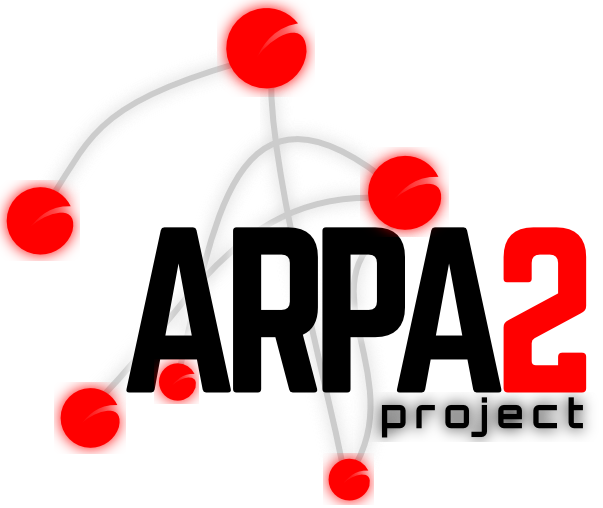







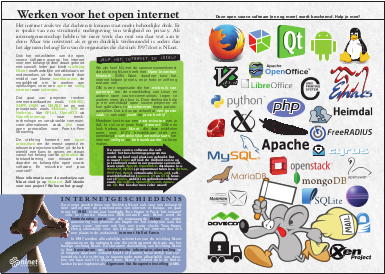

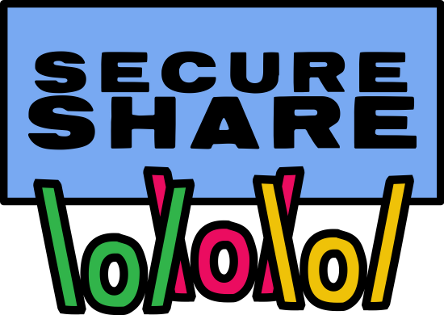
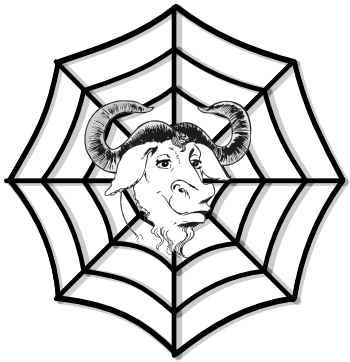
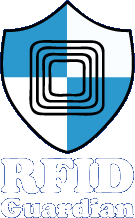
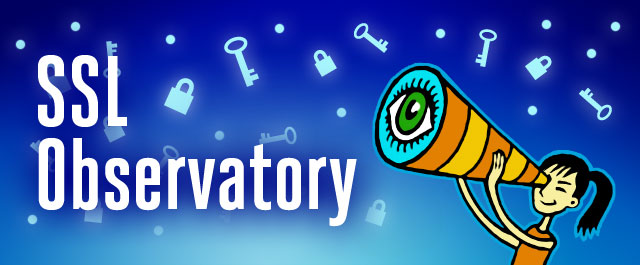


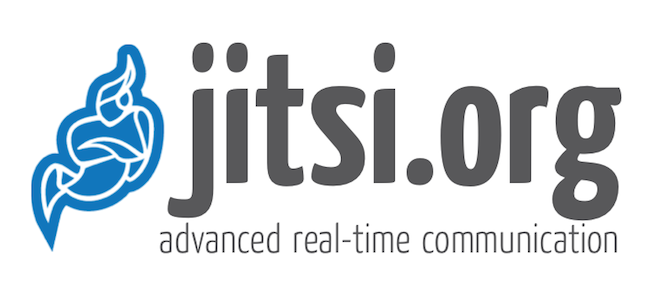
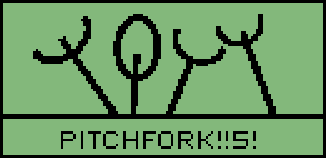
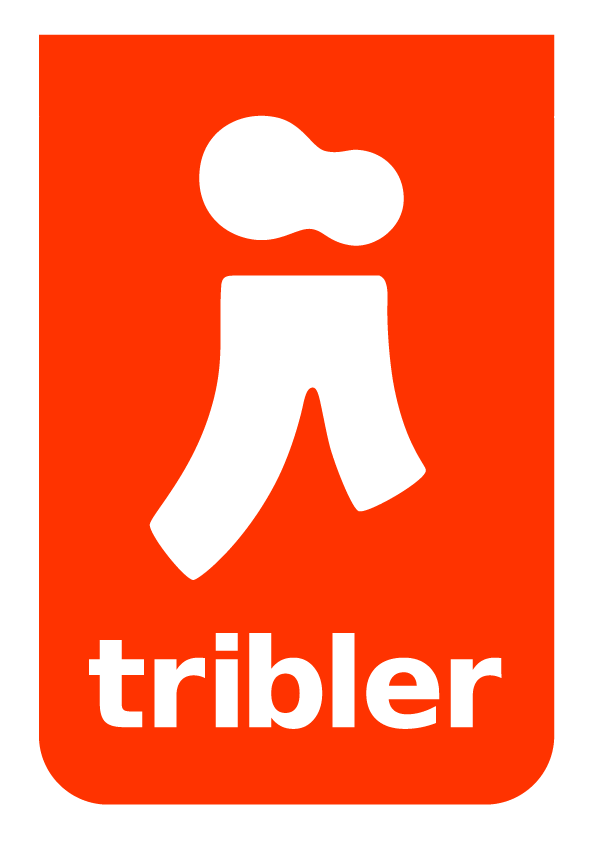
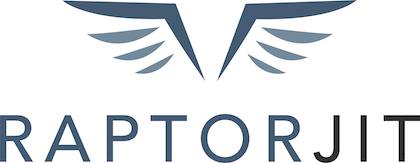
 ACM:
ACM: no other individual has had a larger influence on research in principles of distributed computing.## Thirty years ago ... Stichting NLnet (where I work) formally became a legal entity (a foundation), in an effort to scale up the adoption of the early internet in Europe - after 7 years of informal operations at [CWI](https://cwi.nl) and the [Netherlands Unix User Group](https://nluug.nl).
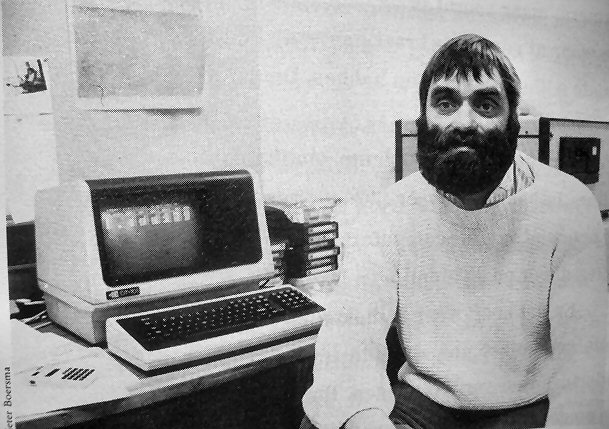 ... scientists and engineers like [Teus Hagen](/people/TeusHagen), [Ted Lindgreen](/people/TedLindgreen), [Jaap Akkerhuis](/people/JaapAkkerhuis) and many volunteers and counterparts from the European UNIX user groups (like Peter Collinson and Keld Simonsen) together built the grass roots computer networks that grew into the European internet. ## At that time ... the world wide web was still a "vague but interesting" proposal inside CERN to manage information
... scientists and engineers like [Teus Hagen](/people/TeusHagen), [Ted Lindgreen](/people/TedLindgreen), [Jaap Akkerhuis](/people/JaapAkkerhuis) and many volunteers and counterparts from the European UNIX user groups (like Peter Collinson and Keld Simonsen) together built the grass roots computer networks that grew into the European internet. ## At that time ... the world wide web was still a "vague but interesting" proposal inside CERN to manage information 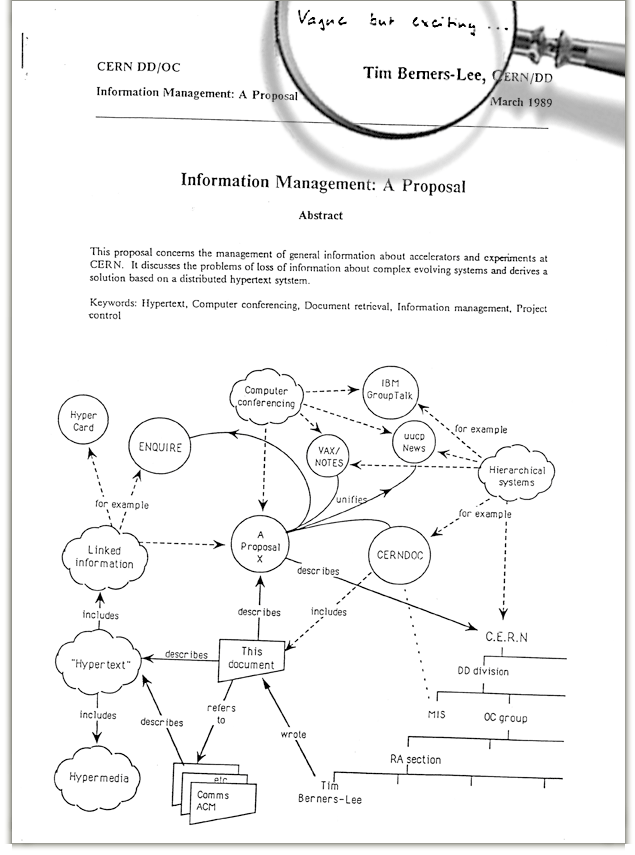
If you think surfing hypertext is cool, that's because you haven't tried writing itTim Berners-Lee Unfortunately, an alternative future unfolded
From utopia to dystopia in just 29 [30] short years- (Turing Lecture TBL)

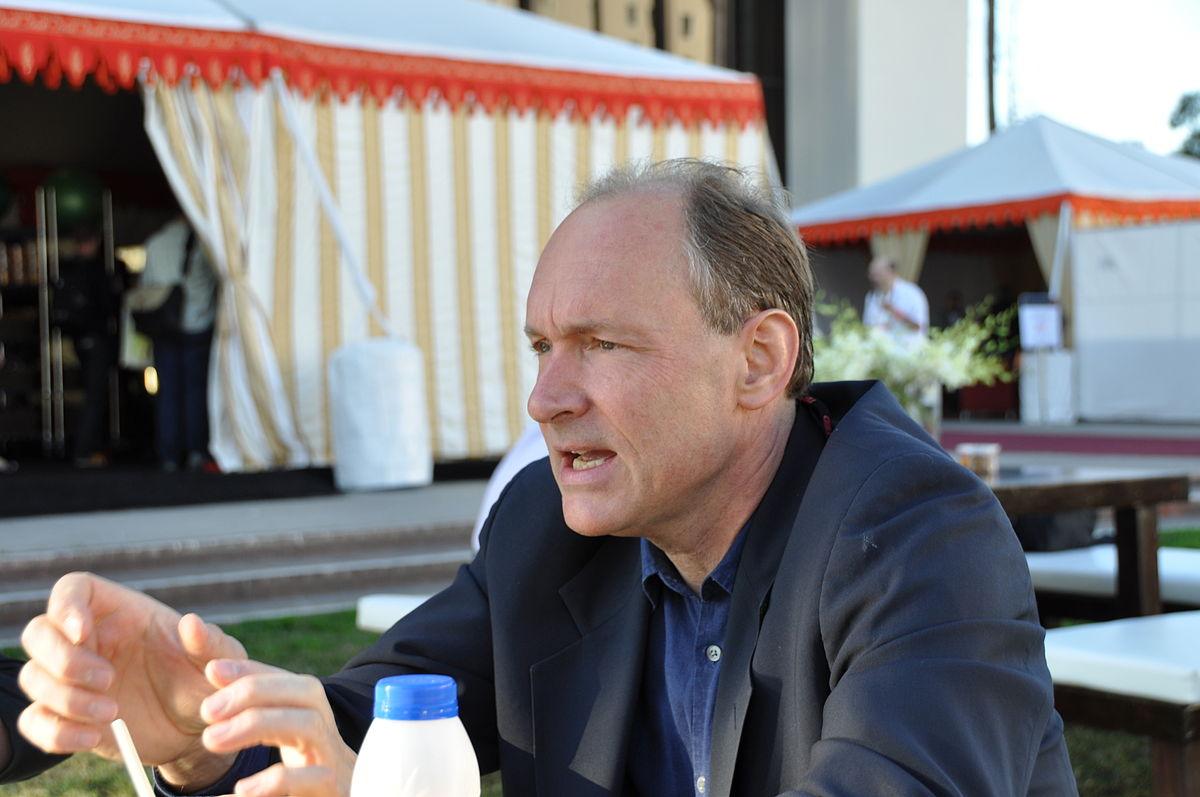
We demonstrated that the Web had failed instead of served humanity, as it was supposed to have done, and failed in many places. The increasing centralization of the Web ended up producing — with no deliberate action of the people who designed the platform — a large-scale emergent phenomenon which is anti-human.I think we can safely assume **"Dijkstra would not have liked this"**
(always with open standards, open source and open hardware).





















(etcetera)
### ...but obviously spending money with no income ends somewhere As an independent grantmaker NLnet needs fresh 'fuel' to continue its work. ### Pay it forward Luckily doing good slowly starts to pays off. For instance, the fine people at security company [Radically Open Security](https://radicallyopensecurity.com) have committed to donating at least 90% of their profits to NLnet - this year 140k, the [single largest donation](/press/20190613-ROS-donation.html) we received ever! So, who knows! Perhaps more people and organisations follow that example... #### Next Generation Internet initiative A major windfall for us was the start of an initiative from the European Commission called the [Next Generation Internet](https://ngi.eu).ActivityPub is a decentralized social networking protocol based on the ActivityStreams 2.0 data format. ActivityPub is an official W3C recommended standard published by the W3C Social Web Working Group. It provides a client to server API for creating, updating and deleting content, as well as a federated server to server API for delivering notifications and subscribing to content.
#### ActivityPub in NGI Zero PixelFed is an open source ethical photosharing application. Funkwhale is a personal music server. Spritely is a distributed social network. XWiki will be the first ActivityPub-enabled federating wiki. openEngiadina is a platform for creating, publishing and using open local knowledge. Discourse is a modern open source discussion platform. Librecast wants to enable multicast livestreaming. Beeld en Geluid will contribute to PeerTube to support the availability of large-scale public media collections. Forgefed wants to design a protocol on top of ActivityPub to federate software repositories, issue trackers etc. Fediverse.space lets you know where in the Fediverse you want to be.


Sylkserver is an open source conferencing server that can unite different real-time communication protocols: SIP, XMPP and WebRTC. It has ZRTP encryption, in-session uploads, screen sharing and chat too.

Etesync is an end-to-end encrypted, and privacy respecting sync solution for contacts, calendars and tasks with more data types planned for the future.
CryptPad is a secure and encrypted open-source collaboration platform, that allows people to work together online on documents, spreadsheets and other types of documents. ### Cool fundamental stuff ##### Verifpal From the creator of Noise Explorer comes Verifpal, a new approach to making symbolic formal verification of cryptographic protocols something normal people can realistically undertake. Verifpal is intuitive enough to allow students, hackers and engineers to break and make better protocols . 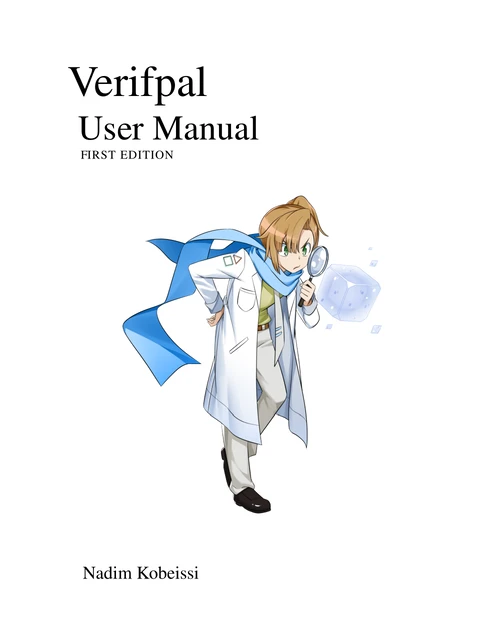
// SPDX-FileCopyrightText: © 2019-2020 Nadim KobeissiReowolf (from CWI!) wants to finally deprecate the insecure BSD-style socket mechanism. OPAQUE Sphinx implements a password Store that Perfectly Hides from Itself (No Xaggeration) and wants to finally get passwords of the wire by combining it with OPAQUE; Androsphinx is creating a mobile app to go with that. GNU Mes is creating a full source bootstrap for any interested UNIX-like operating system, to not have to depend on any large "binary blob" for bootstrapping a system. Robur develops a robust DHCP server and DNS resolver as a MirageOS unikernel, while DHCPCanon is implementing RFC7844 (DHCP Anonymity Profiles).// SPDX-License-Identifier: GPL-3.0-only attacker[active] principal Bob[ knows private psk principal Alice[] knows public c0 principal Protonmail[] knows public null principal Microsoft[] generates m2 principal Bob[] generates b gb = G^b principal Alice[ gab = ga^b knows private psk m1b = AEAD_DEC(psk, em1, null)? knows public c0 em2 = AEAD_ENC(gab, m2, null) knows public null ] generates a generates m1 Bob -> Protonmail: em2, gb ga = G^a Protonmail -> Alice: em2, gb em1 = AEAD_ENC(psk, m1, null) ] principal Alice[ gba = gb^a Alice -> Protonmail: ga, em1 m2a = AEAD_DEC(gba, em2, null)? ] principal Protonmail[ knows private j queries[ ] confidentiality? m1 confidentiality? m2 Protonmail -> Microsoft: j, ga, em1 ] Microsoft -> Bob: j, ga, em1
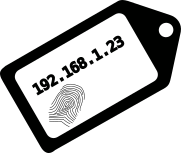
 ## Autocrypt Autocrypt is a new specification that significantly simplifies key management for end-to-end-encryption of e-mails. In various projects we support new e-mail applications to take onboard this non-obtrusive automatic negotiation of encryption capabilities.
## Autocrypt Autocrypt is a new specification that significantly simplifies key management for end-to-end-encryption of e-mails. In various projects we support new e-mail applications to take onboard this non-obtrusive automatic negotiation of encryption capabilities. 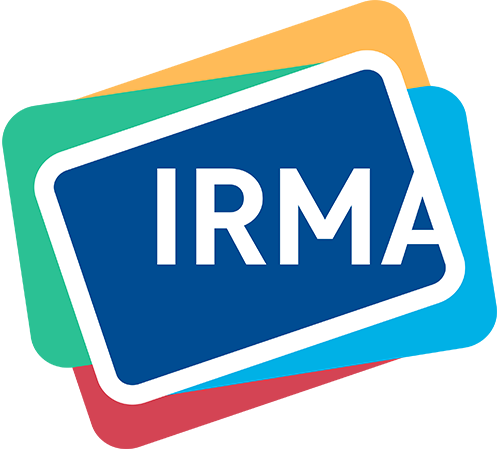 #### Mobile operating systems
#### Mobile operating systems  MEGAphone wants to create a mobile phone simple enough to understand, in order to be rationally **trustworthy**. And fun.
MEGAphone wants to create a mobile phone simple enough to understand, in order to be rationally **trustworthy**. And fun. 
Open hardware laptop. RISC-V / OpenPower. Secure, fast, inexpensive, open, robust, upgradeable and sustainable. All of that.


A secure device for your day to day communications. A joint open hardware effort by Bunnie Huang, Sean "xobs" Cross, Tom Marble and others. Featuring a new lean Rust-based OS called Xous, internationalised input and a Matrix client for testing.
 |
|
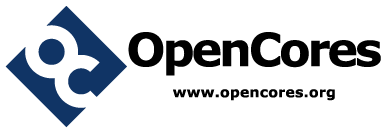 ## Chips4Makers Chips4Makers aims to develop ASIC production flows compatible with strong libre/reciprocal licensed blocks and using a libre licensed software flow all accessible by consumers without the need of NDA (non-disclosure agreement) or other fine print.
## Chips4Makers Chips4Makers aims to develop ASIC production flows compatible with strong libre/reciprocal licensed blocks and using a libre licensed software flow all accessible by consumers without the need of NDA (non-disclosure agreement) or other fine print. 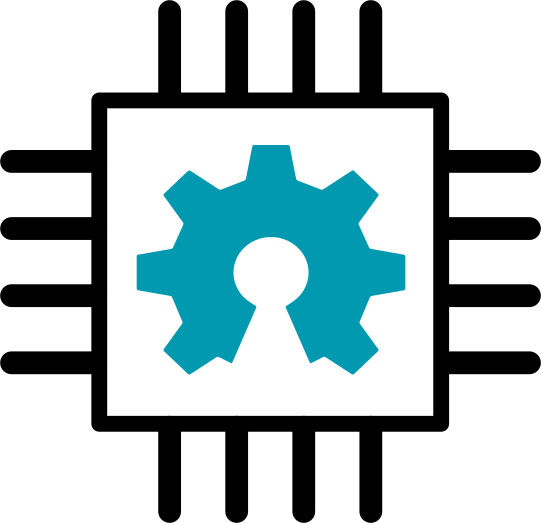 ## LibreSilicon
## LibreSilicon Make full custom ASIC design available to anyone, even private persons without corporate or academic access to IC foundries.
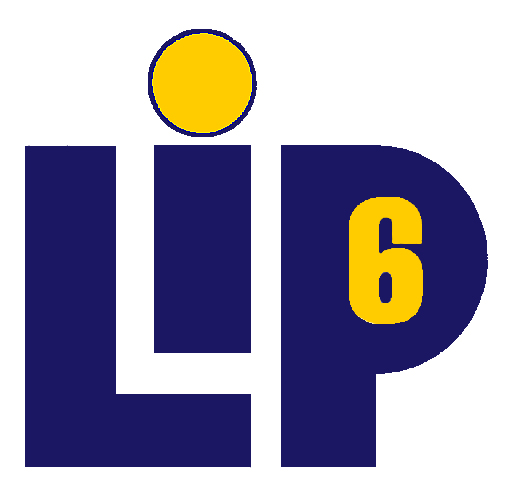 And to come back on the pillars of NGI:
And to come back on the pillars of NGI: Technology is embedded in concrete, circling in space and is increasingly entering the intimacy of our human bodies.Little did we know that people would be crazy and committed enough to want to design an open hardware **cardiac pacemaker circuit** with an analog/mixed-signal CMOS ASIC, based on a description of the device functionality as formal grammar/automaton based on language security (langsec) design principles. And if you attended Ross Anderson's talk, you know that there have already been recalls for hundreds of thousands of untrustworthy pacemakers ## And a lot more You can find all of the projects and more info at [/discovery](/discovery) and [/PET](/PET).
The art of programming is the art of organizing complexity.And there is a lot of complexity to deal with, so come and help out Core work but also bug triaging, packaging, design, usability, advocacy, fundraising, build communities, documentation, translation, etc Most will have opportunities for internships as well as very senior tasks ... ... and lots of ideas for follow up projects ###### And who knows Maybe next year you are together here on stage? # So do you have a great idea or do you know someone who has? Have a look at our open call Go to [/propose](/propose)
Let's re-invent Internet to reach the full human potential, for all generations.
The tools we use have a profound and devious influence on our thinking habits, and therefore on our thinking abilities.- Edsger Dijkstra And also have a look at the rest of the Next Generation Internet initiative at NGI.eu (but keep uMatrix or similar on)
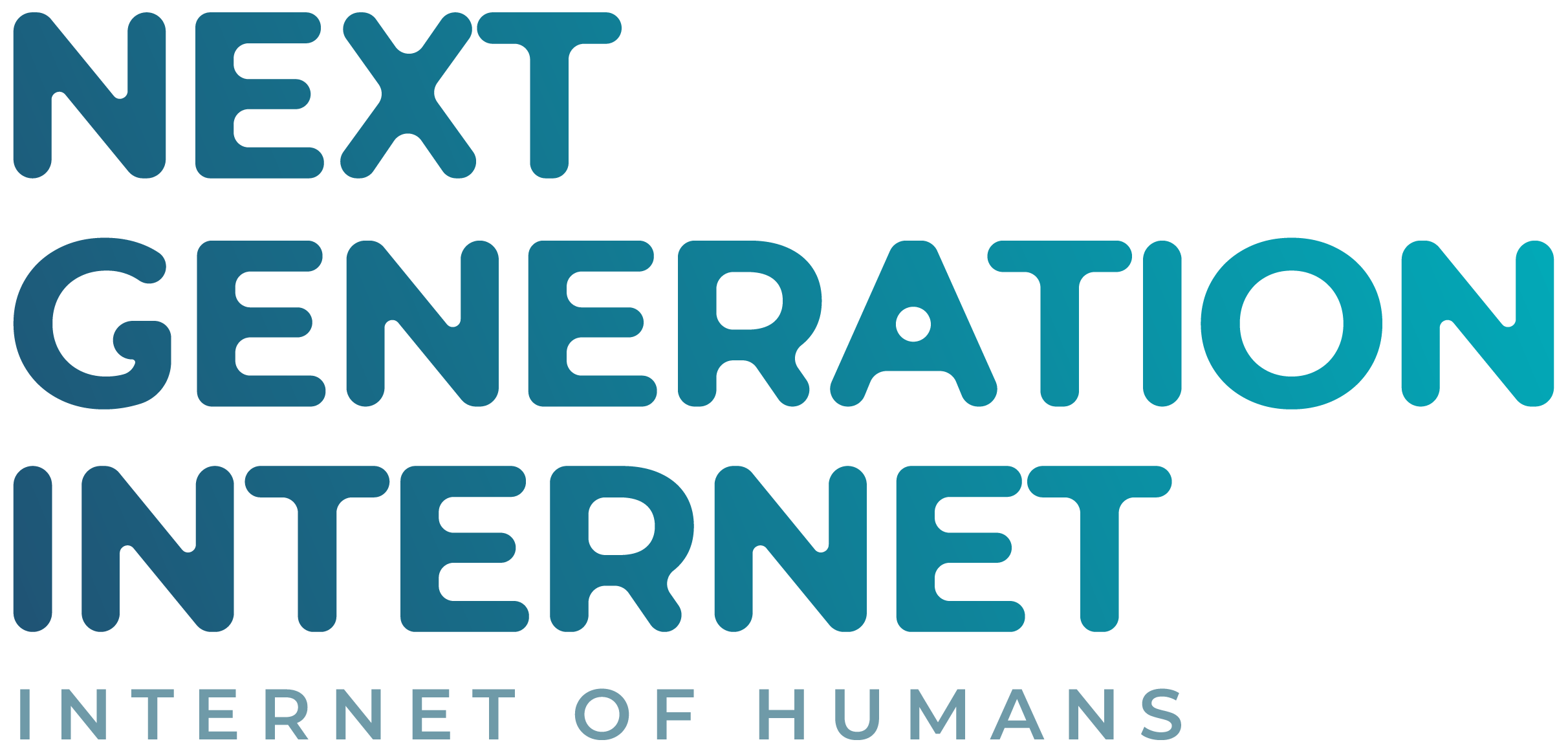 And before Jan 4th, help NGI DAPSI to get on the right track by filling out the survey on https://www.surveymonkey.de/r/32B87HJ # Questions? Spend some money at /donate. Or maybe you want to help with just five minutes of your time? Go to: /help [Español] [English] [Nederlands]
And before Jan 4th, help NGI DAPSI to get on the right track by filling out the survey on https://www.surveymonkey.de/r/32B87HJ # Questions? Spend some money at /donate. Or maybe you want to help with just five minutes of your time? Go to: /help [Español] [English] [Nederlands]